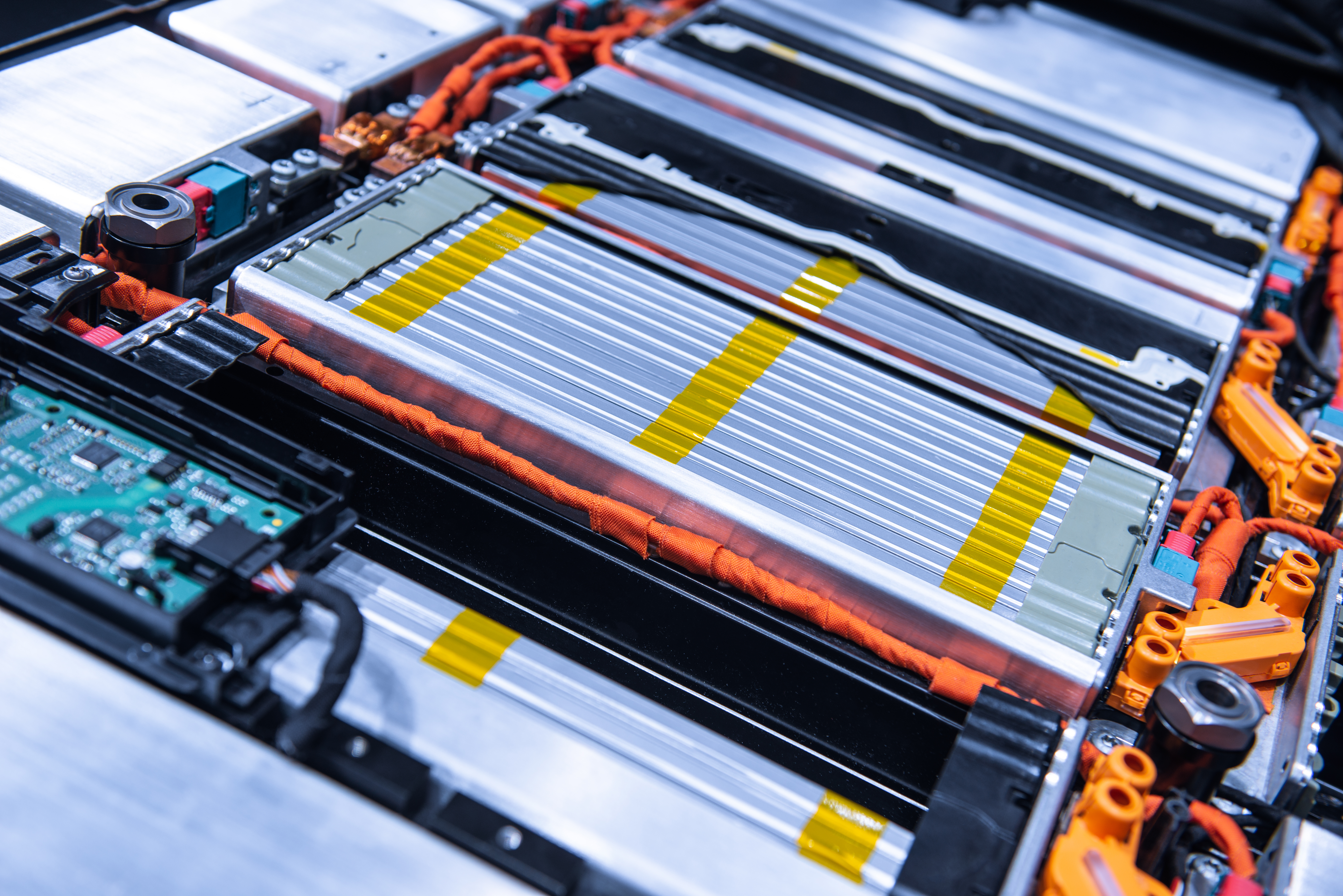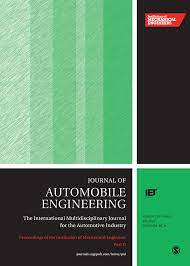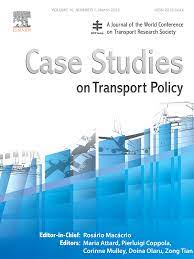Knowledge Hub

Managing Waste: Battery Recycling in the Indian Scenario
2022
Author(s): Zhimomi T, Bej S
Battery recycling will play a crucial role in the efficient use and re-extraction of the resources ensuring a stable supply chain and contributing to the circular economy. However, the scale at which battery recycling can contribute significantly has not been achieved yet owing to many reasons.
In this article, the authors say that the increase in electric vehicle adoption in the coming years is imminent with the envisaged increase in battery demand. This increase in battery demand would lead to faster exhaustion of minerals required to produce batteries.
Electric Vehicles and Smart Charging: Charging Forward
2021
Author(s): Kalia S, Zhimomi T, Mitra I
In this article, the authors say that adopting smart charging is necessary to enable a smooth transition to accommodate India’s projected increase in e-mobility and electricity demand.

Electric Vehicles Challenges, Opportunities, and Future Scope: The Recent Review
2022
Author(s): Verma R, Srivastava SK, Narain A
In this paper review of the future electric vehicle approach, challenges and opportunities are discussed. The reliability assessment of the internal system, a modern electrical network with EVs, and implications of autonomous driving, connected vehicles, and shared mobility would impact EV grid integration, as well as power grid evolution in the direction of future energy internet, have also been summarized.
Canada’s Path to 100% Zero-Emission Light-Duty Vehicle Sales: Regulatory Options and Greenhouse Gas Impacts
2022
Author(s): Sen A, Bui A, Miller J
Considering Canada’s 2050 target of net zero GHG emissions, the only scenario that comes very close to achieving that target is Alternative 3 (-93% tank to wheel emission reduction from 2021), which completely phases out plug-in hybrid sales by 2035. Alternative 2, which caps plug-in hybrids at 20% of electric vehicle sales, would achieve an 88% reduction from 2021 to 2050.

Critical Analysis on the Implementation Barriers and Consumer Perception Toward Future Electric Mobility
2022
Author(s): Chidambaram K, Ashok B, Vignesh R, Deepak C, Ramesh R, Narendhra TMV, Muhammad Usman K, Kavitha C
This article investigates the barriers and infers the comparative order of resolution for each barrier based on its priority to be identified and overcome. Consumers are the major influencers of electric vehicle demand and acceptance, so barrier analysis is carried out based on their opinions.

Analysis of Barriers To Adopt Electric Vehicles in India Using Fuzzy DEMATEL and Relative Importance Index Approaches
2022
Author(s): Murugan M, Marisamynathan S
This study aims to identify the key potential barriers based on expert and customers’ perspectives. This study adopted the fuzzy DEMATEL method to identify the potential barriers based on expert opinion data and the Relative Importance Index (RII) method for prioritizing the barriers based on customers’ perspectives.
Optimal Sizing of Portable Modular Batteries for Electric Vehicles
2020
Author(s): Gong J, Wang Y, Zhao A, Zhao Z
In Europe and Asia, where most people live in high-rise buildings, electric vehicles (EVs) powered by portable batteries overcome two major deployment issues. The first is a lack of power-charging infrastructure, which makes an American-style charging model that works in the garage of a detached or attached single-family home impractical.
The report observed much of the growth in electrification can be attributed to targets and policy support for electric vehicles, in addition to the rising economic competitiveness, technological advancement and model availability of these vehicles. In 2021, electric car sales totalled 6.6 million worldwide, more than doubling from 2020, while sales of other electric vehicles such as two- and three wheelers and buses also saw significant increases.

Recent Developments, Challenges, and Possible Action Plans for Electric Vehicle Charging Infrastructure in India
2019
Author(s): Save B, Sheikh A, Goswami P
This paper analyzes and focuses on the major challenges in EV adoption in India. The paper also highlights various charging standards available, the current status of EVs in India, and investigates various possible impediments to EVs charging infrastructure.



